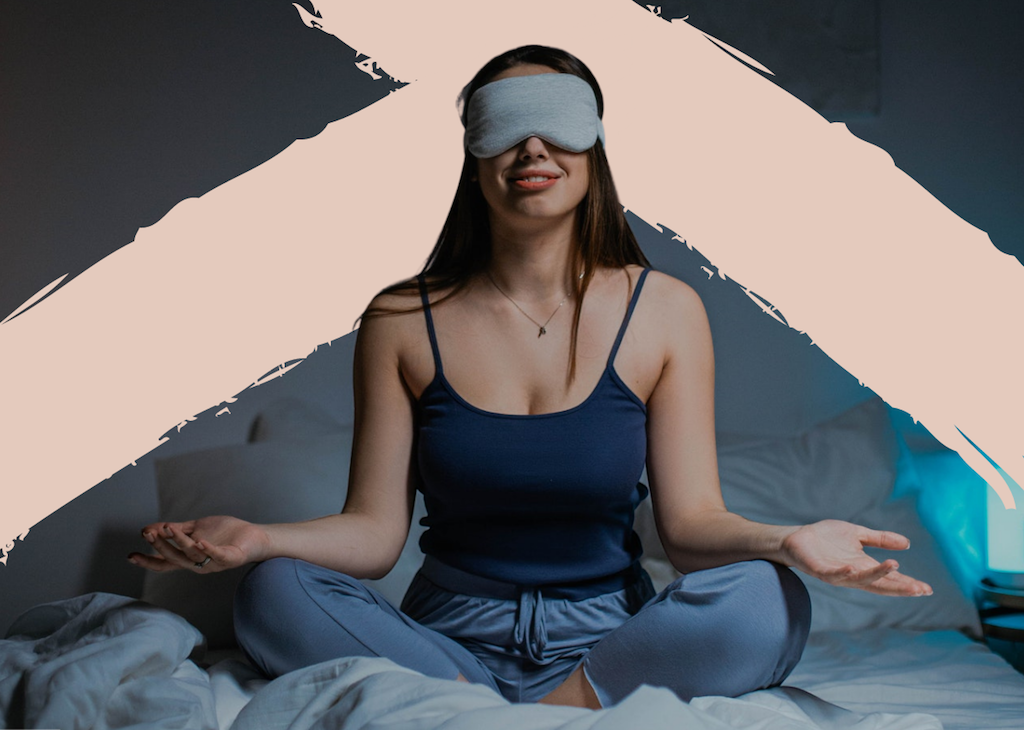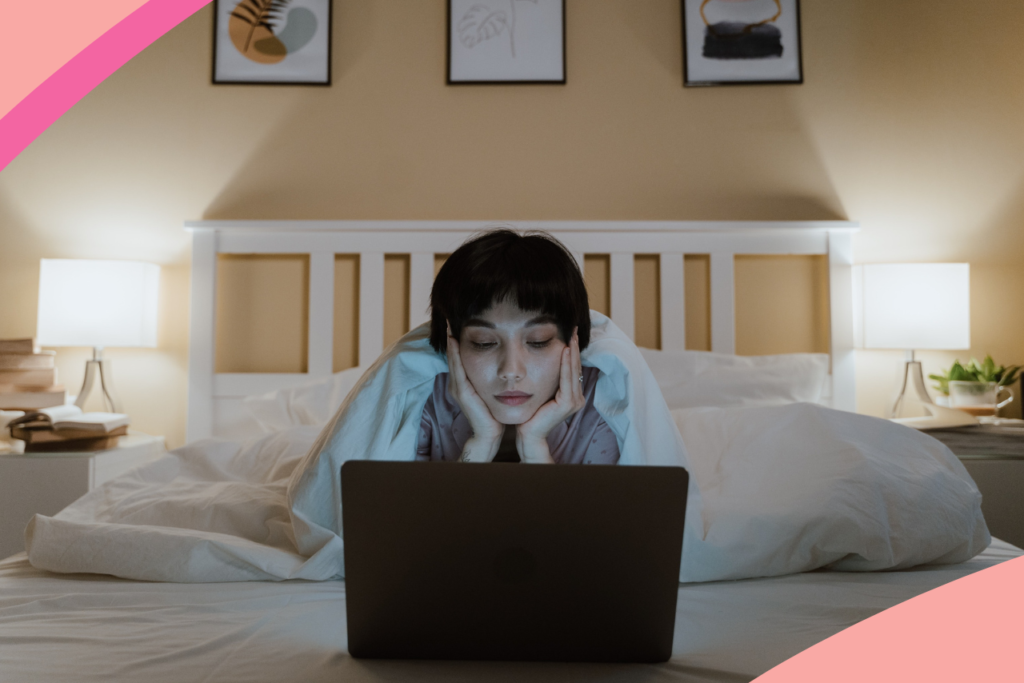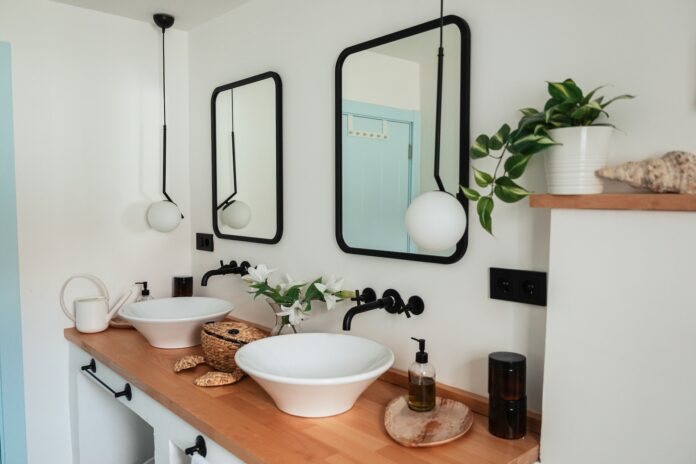Bedtime routines are for kids, we hear you say. Arms folded, bottom lip curled, stomping your foot a little….
Nope, if you truly want to sleep like a baby, it’s time you start treating your bedtime like one; a consistent, early turn in, a period of calm before bed, probably a bath, possibly a story, perhaps even a nappy for those who wake up in the night needing to go. Ok, scrap that last one, but you get the picture.
What we’re trying to say is, routine and consistency are the keys to a fully restful night’s sleep. With that in mind, here are 5 IDEAL steps to the perfect bedtime routine.
All Aboard The Relaxation Train
Work, family, finances—they’ve been playing on the mind all day. It’s a big ask to expect them to suddenly disappear once bedtime rolls around.
A great way to tackle the endless, unhelpful ruminating on the day’s issues is to take up guided meditation. A simply, ten minute session before bed can actually trigger the body’s ‘relaxation response’ wherein heart rate and blood pressure fall, allowing you to be body-ready for sleep.
Perhaps even more pertinently, meditation teaches us to let go of thoughts, to simply observe rather than evaluate, which is an incredibly useful skill to have when you’re awake in the night, staring at the ceiling and trying to make out answers. There are plenty of apps out there to give you the narration you need to get started.
A few calming yoga poses that you can do either next to or in your bed could be the clearest route to calming your restless mind. After a stressful day, a few stretches are a great way to wind down.

A Distraction Free Zone
Oh, the distractions we let into our bedrooms these days. No wonder we’re struggling to catch those all important zeds. The most notable, impactful and well-documented are smartphones, laptops, and iPads, but televisions and radios can be really detrimental, too.
Any electronics that emit bright blue light, like the phone and TV, simply shouldn’t be in the room. No excuses. As part of your routine, plug your smartphone in somewhere else, turn the television off, and opt for activities that don’t involve a screen at all. Remember that meditation and yoga we mentioned? They would both be a good substitute.
We know what you’re thinking; just how will you know the time, find your way to the toilet or operate your alarm in that inky blue dead-of-night darkness without your phone to hand? Well, there are now smart, voice-controlled night lights on the market that can help with that. Simply activated via your voice remotely, these lights can be dimmed to a calming low glow for reading before bed, too. You won’t even need your phone in the room… Imagine that!
Reading before bed can be particularly beneficial to a good night’s sleep, helping to eliminate all other distractions, focus your mind on something peaceful, and banish that digital blue light we mentioned from the bedroom in favour of something more analogue.

Put Comfort First
Your bedroom has to be your escape, your haven from the outside world. It’s your place more than any other in the whole, huge, expansive world. That means it needs to be tailored to suit your definition of comfort.
Pillows designed for sore necks, adjustable beds that support injuries, cooling pajamas and air purifiers for allergies are just a few ways you can customise your bed and bedroom to cater to your specific needs.
You can also program your thermostat to turn down the temperature in the run-up to you slipping between the sheets so it’s easier for your body to maintain the lower body temperature necessary for sleep. Ambient, low lighting to set the right mood for sleep and blackout blinds, if you require to pitch darkness for proper sleep, are other small changes which can have a big impact.
Think Outside The Bedroom Box
You may only consider activities that you perform 20 to 30 minutes before bed to be part of your routine, but it actually starts much earlier. A warm bath or shower prior to sleep, for example, causes an artificial rise in body temperature that your body then tries to cool. This premature drop in body temperature often makes you sleepy, but not for 60 to 90 minutes after you’ve gotten out of the water, so time it skilfully.
It’s also important to slowly and gradually bring your activity level down as the evening progresses, including volume and light levels. Anything like doing the dishes, taking out the rubbish, even locking doors and windows, should take place earlier in the evening, so your mind is decluttered in time for bed and you’re waking up energised the following morning.
Ideally, you would calculate your bedtime in a way that takes into account your sleep cycle duration, then plan accordingly so you are gradually winding down as bedtime approaches.
Learn To Love Routine
If you don’t love reading then don’t include it in your bedtime routine. Should baths make you dizzy not destressed, then don’t force it. Indeed, only have activities that you enjoy as part of your routine, so you’re more likely to be consistent both in your timing and the order of those activities. Don’t be afraid of a little trial and error either; it might take a few weeks to find activities and an order that works for you.
Routine, and the comfort it brings, is crucial to your body clock getting into a rhythm. Such predictability will inevitably lead to a more relaxed, replenished and rested version of you.





